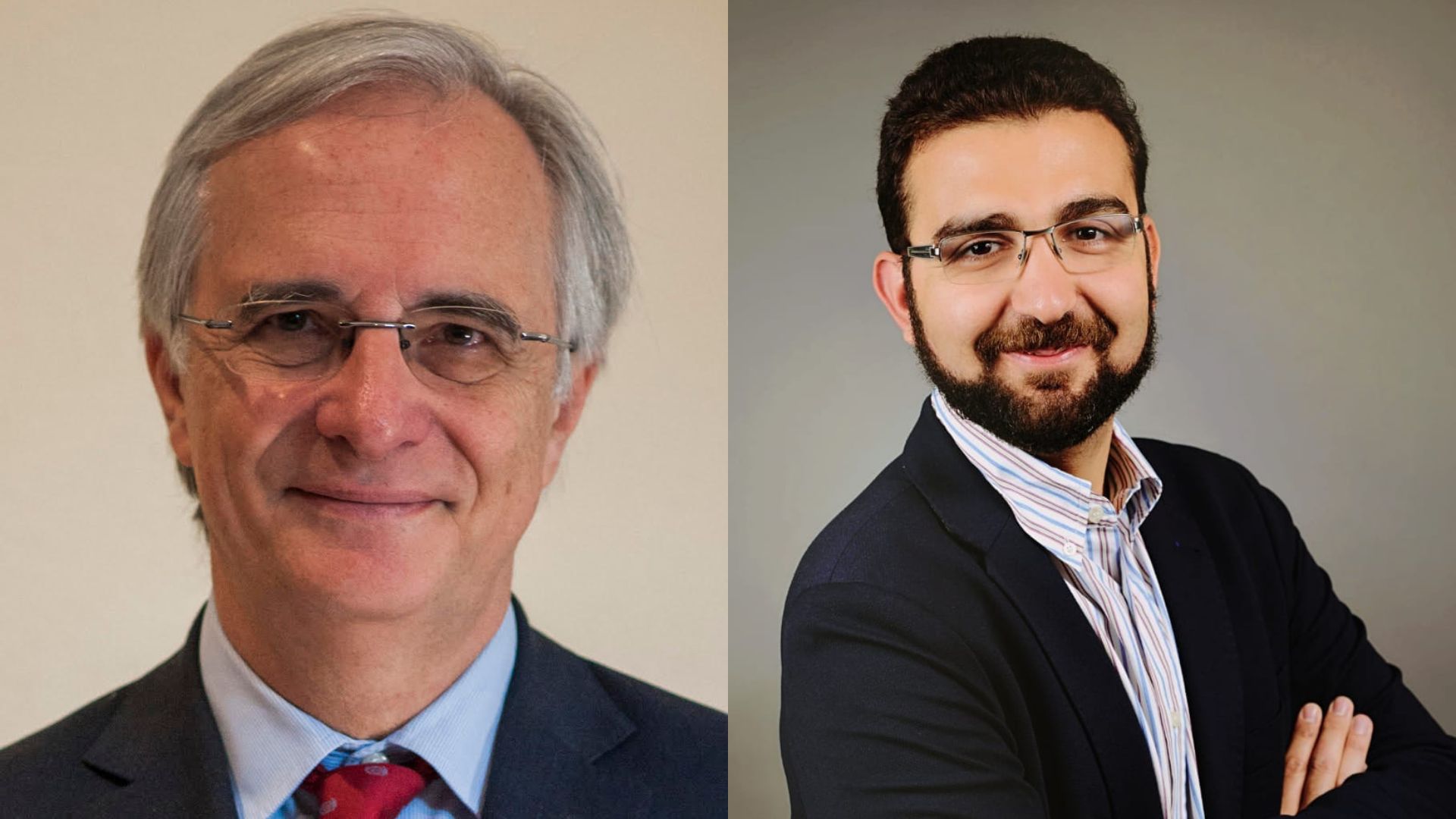An opinion piece by Prof. Dr. Carlos Delgado Kloos and Prof. Dr. Carlos Alario Hoyos (Universidad Carlos III de Madrid)
Tapas are a traditional style of Spanish cuisine that consists of small, flavourful dishes typically served as snacks. The concept of tapas is deeply ingrained in Spanish culture but has become also known internationally. Tapas can be eaten as appetisers, but they can also be combined to make a full meal [en.wikipedia.org/wiki/Tapas]. You can select which tapas you want to eat and how many of them, depending on your needs and wishes.
In a similar way, Micro-credentials are records of the learning outcomes that a learner has acquired following a small volume of learning. The term Micro-credential is also used to refer to the short courses themselves, rather than to the certificates issued. In any case, Micro-credentials can be taken individually, but they can also be stacked to make up longer programs, in the same way you can eat a full meal on the basis of tapas.
Why are Micro-credentials important right now? In the past, the education received at universities by students in their young years used to suffice for the whole work life. However nowadays, the fast change of skills needed throughout the profession, requires re-skilling and up-skilling along the life. Short, focused learning opportunities pay attention to this need. Higher education institutions and other educational providers are therefore increasingly offering Micro-credentials.
The amount of micro-credentials offered worldwide is immense and growing. There are multiple commercial providers that offer digital certificate services for Micro-credentials. Due to the huge impact on the labour market, the European Commission has developed several initiatives to promote a common way to Micro-credentials in the European Union. At this point, we should mention the Recommendation of the Council of the EU to the Member States to use Micro-credentials as a tool to strengthen and complement existing learning opportunities, increase participation in lifelong learning and help reach the target of 60 % of all adults participating in training every year. Also DG Employment has provided in the context of Europass, formats (such as EML, the European Learning Model) and software and services (such as the Online Credential Builder for EDC, European Digital Credentials for Learning) [europa.eu/europass/en/stakeholders/european-digital-credentials]. Another related initiative is EBSI (European Blockchain Services Infrastructure) [ec.europa.eu/digital-building-blocks/wikis/display/EBSI], which leverages the advantages of blockchain technology for the issuance and storage of micro-credentials through the Diploma use case. In Spain, the CertiDigital project is working towards the provision of a service for the issuance of Micro-credentials according to the European standards, including both EDC and EBSI.
Nevertheless, each Member State can have its own implementation of Micro-credentials. This implementation may be legally binding or simply provide a general framework with some guidance. For example, in Spain micro-credentials can have up to 15 ECTS according to the Royal Decree 822/2021 [boe.es/eli/es/rd/2021/09/28/822/con] while in the Netherlands there is a recommendation for micro-credentials to have between 3 and 30 ECTS [versnellingsplan.nl/en/Kennisbank/pilot-microcredentials]. In other words, there are different implementations where the size or format can change. This is also the case with tapas, as there are similar concepts such as canapés, mezzedes, hors d’oeuvre, or antipasti. They are still small bites adapted to the tradition of each country, but with a big impact.
Enjoy your micro-credentials!










